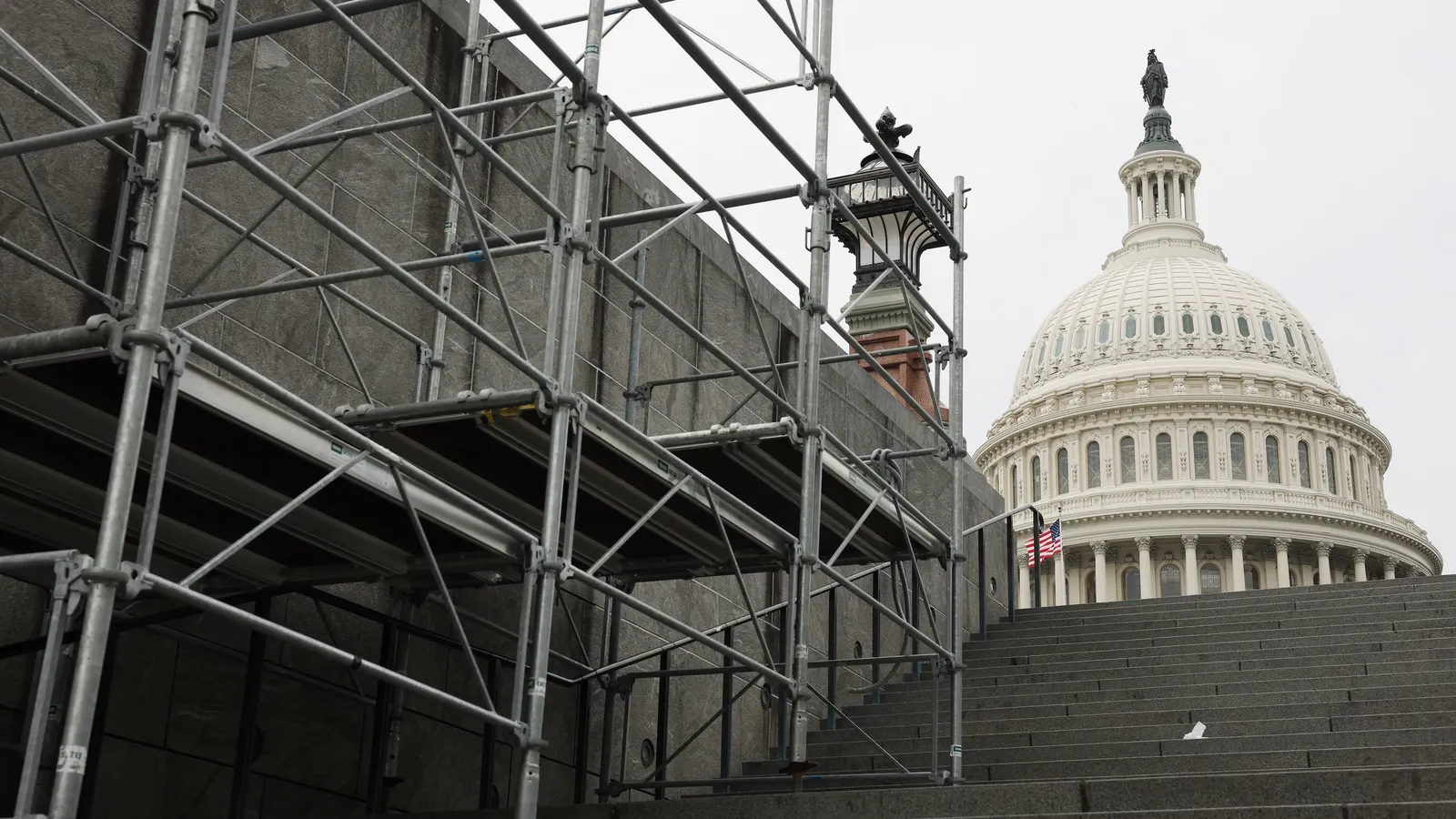The potential government shutdown poses significant risks to the energy sector, particularly concerning construction projects and regulatory approvals. As federal infrastructure and defense initiatives face delays, the ripple effects will likely disrupt the entire construction supply chain. Contractors warn that a slowdown in federal work will not only diminish demand for materials and subcontractors but also create a cascading impact that extends to private sector projects. This interconnectedness highlights the vulnerability of the energy sector, which relies heavily on timely federal approvals and funding to maintain momentum in development and innovation. The implications of such a shutdown could hinder progress on critical energy initiatives at a time when the sector is striving to meet ambitious sustainability and infrastructure goals.
To mitigate these risks, stakeholders must proactively engage with policymakers to advocate for uninterrupted funding and streamlined approval processes. The energy sector's reliance on federal support necessitates a collaborative approach to ensure that projects remain on track despite potential governmental disruptions. Key insights suggest that diversifying supply chains and fostering partnerships with local contractors may provide some resilience against federal delays. Ultimately, the ability to navigate these challenges will determine the sector's capacity to adapt and thrive in an increasingly complex regulatory landscape, underscoring the importance of strategic foresight and proactive planning in the face of uncertainty.








